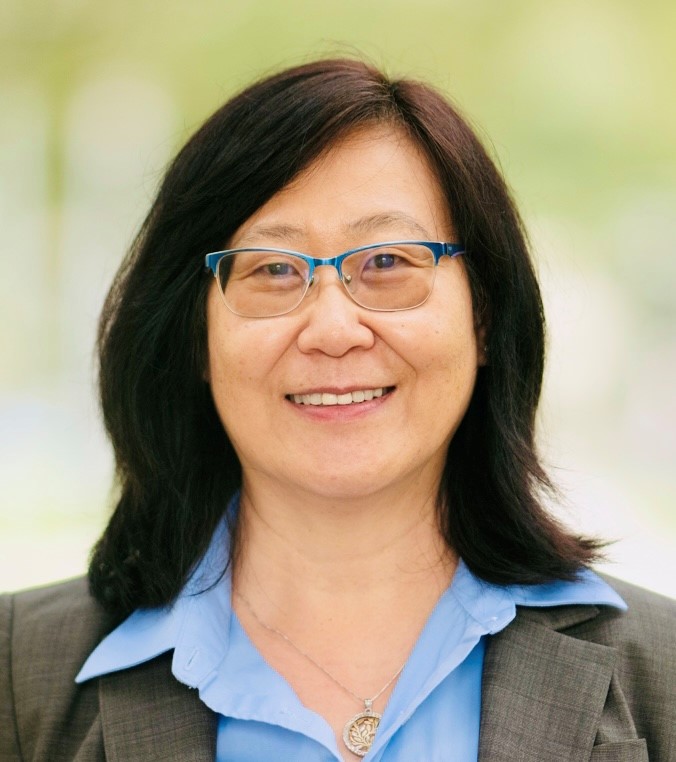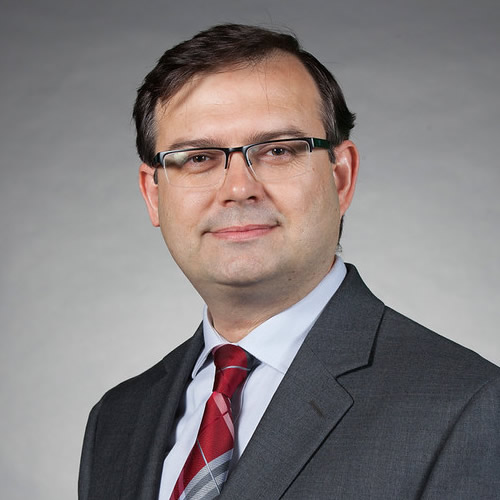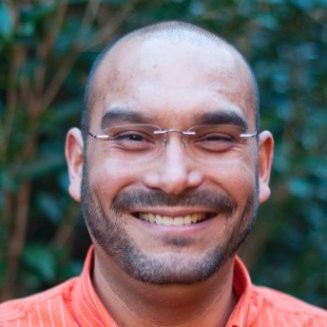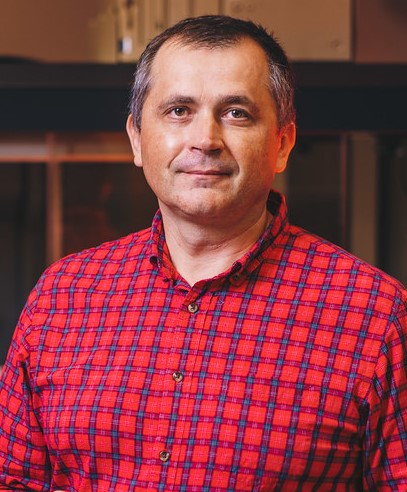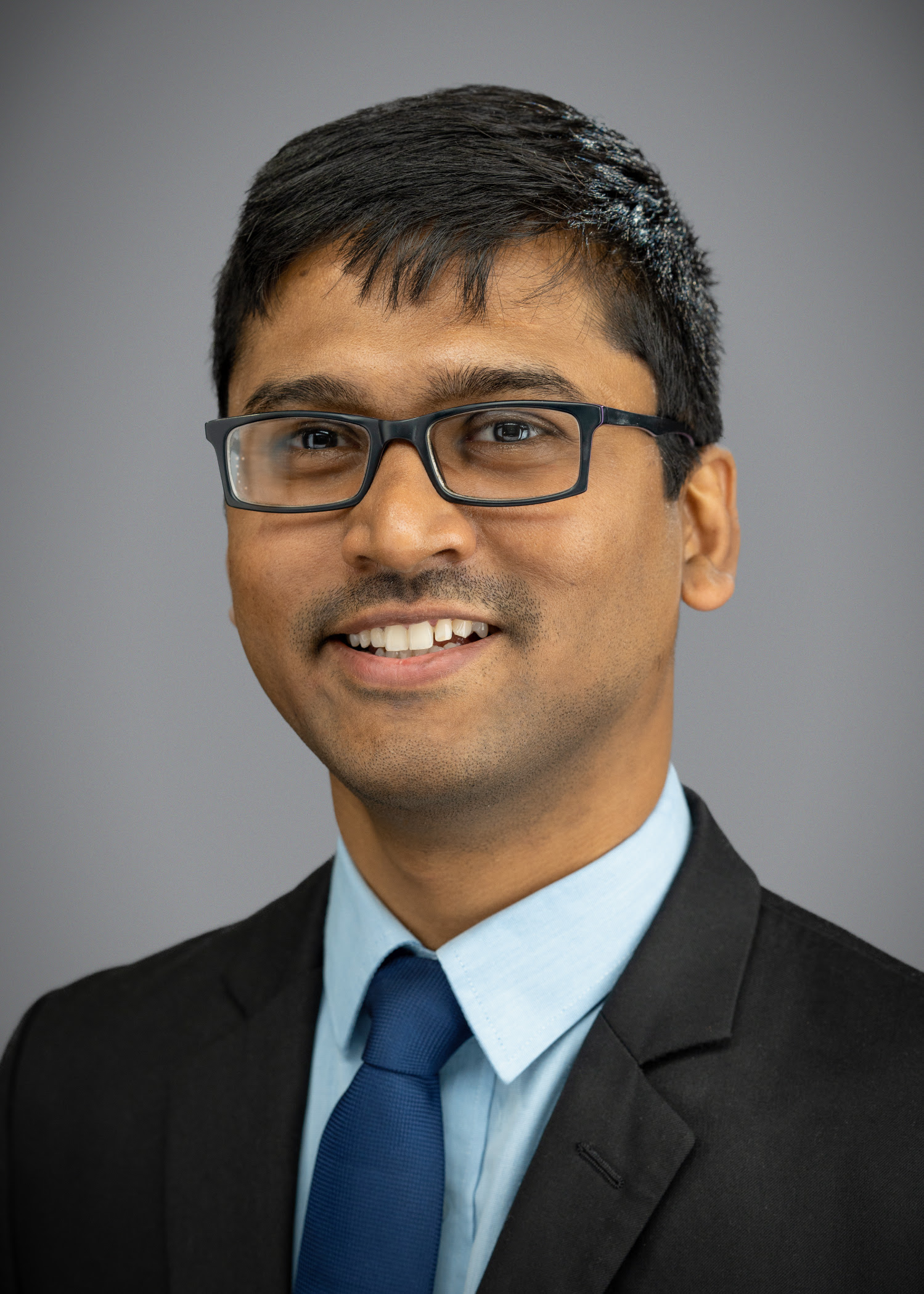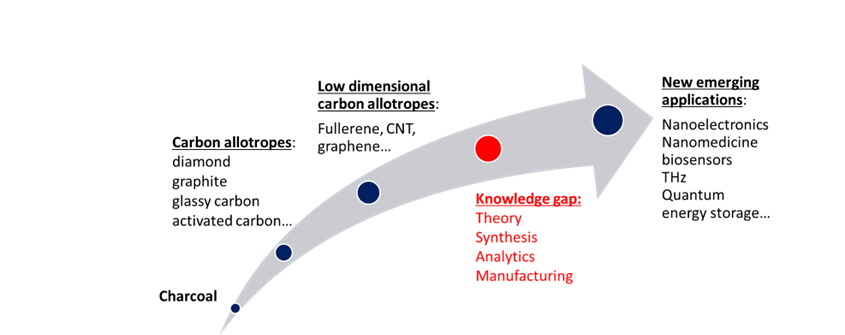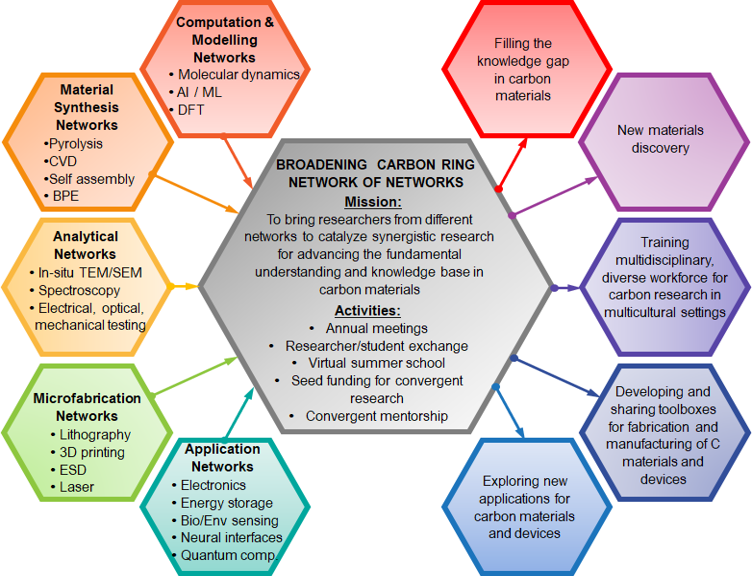Summer school registrations for summer 2024 are open - Please click here to register.
Summer school program
| Week (Time) |
Presentation Topics |
|
Week 1 - June 28th (10:00 am to 12:00 pm, EST)
|
History of C-MEMS (Prof. Marc Madou, University of California Irvine)
|
|
Leadership in entrepreneurship (Prof. Robert Hacker, Director StartUP FIU)
|
|
Week 2 - July 5th (11:00 am to 1:00 pm, EST)
|
C-MEMS: on-chip supercapacitors(Prof. Chunlei Wang, University of Miami)
|
|
Research management
|
|
Week 3 – July 12th (9:00 am to 11:00 am, EST)
|
Further Insights on Processing Carbonaceous Materials (Prof. Rodrigo Martinez-Duarte, Clemson University)
|
|
Research Management
|
|
Week 4 – July 19th (10:00 am to 12:00 pm, EST)
|
C-MEMS: neuron probes (Prof. Sam Kassegne, San Diego State University)
|
|
Technical/Research management
|
|
Week 5 – July 26th (10:00 am to 12:00 pm, EST)
|
Carbon based electrochemical biosensors (Prof. Nezih Pala, Florida International University)
|
|
Technical/Research management
|
Postdoctoral positions open at Uppsala University. Check the opportunities tab for more details!
There is a call for papers for The 8th International Symposium on Frontier Technology (ISFT). Check the opportunities tab for more details!



